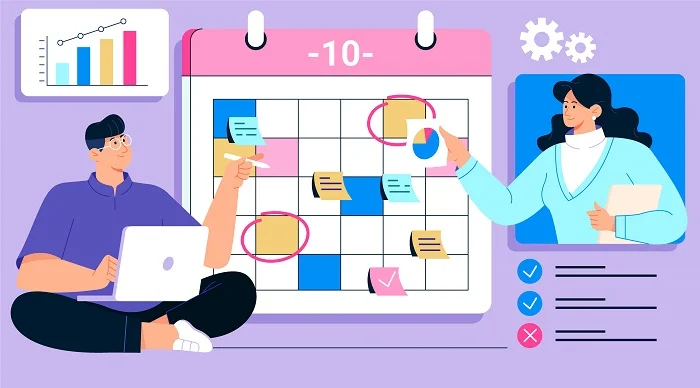95% of managers report they are “unhappy” with traditional performance reviews. (Source: Gartner)
The end result of everyone writing about performance management is that there is a lot of information to digest.
And of course, this means that in certain cases that in addition to all the genuine information out there, there are also myths that also get passed around as reality. Certainly, performance management is a complex topic, subject to many quirks and idiosyncrasies.
However, some myths, on the other hand, make it seem a lot scarier than it actually is, or even make it seem like performance management is just an HR scare tactic or something everyone does for a lark.
Myth 1: Employees know their job, they don’t need performance reviews or management.
Suffice to say, this is not the truth. No matter how well employees know their job or how they perform, managers need to track employee performance. This gives you work to compare against, shows you how employees are improving and also motivates employees to perform better.
Myth 2: It is the responsibility of the administration.
Performance management is not entirely the responsibility of the administration alone. Sure, they can set up the review cycle and set the performance timeline, but performance management will only continue is managers and employees participate in the process. Performance management, therefore, becomes an organizational responsibility. It does not need to be just under the ambit of one person or one department alone.
Myth 3: High performers don’t need performance reviews, they are better left undisturbed.
Absolutely not. Even high-performers need to be reviewed and met with frequently. Managers can figure out which path high performers want to take and what projects they want to work on next. When employees are not interviewed, they might become disengaged or assume their managers aren’t interested in their personal and career development.
Myth 4: It is only about the work that employees undertake.
Performance management is not just about reviewing performance, it is also about mapping out the future and discussing employee goals. It is also about supporting and helping employees utilize their full potential.
Myth 5: It can’t help low performers, they should be shown the door.
This is not true. Performance management plans can help everyone and figure out improvement plans as well. Frequent feedback can help. If the performers are willing to learn, then the process can help them improve themselves.
Myth 6: Performance goals are better kept private.
There is no point in keeping performance goals private. Experts say that sharing goals publicly increases the chances of reaching them. Making organizational goals public engages your employees and also motivates them to come up with creative ideas to execute them.
Myth 7: It is easy.
Reviewing and managing performance is not just a process, it is a skill that can be mastered over time. There are many tools out there that can help you understand and carry out the process effectively.
Do you want to know how Engagedly can help you with performance management? Request a demo to learn more!
Request A Demo
Author
Srikant Chellappa
CEO & Co-Founder of Engagedly
Srikant Chellappa is the Co-Founder and CEO at Engagedly and is a passionate entrepreneur and people leader. He is an author, producer/director of 6 feature films, a music album with his band Manchester Underground, and is the host of The People Strategy Leaders Podcast. He is currently working on his next book, Ikigai at the Workplace, which is slated for release in the fall of 2024.






